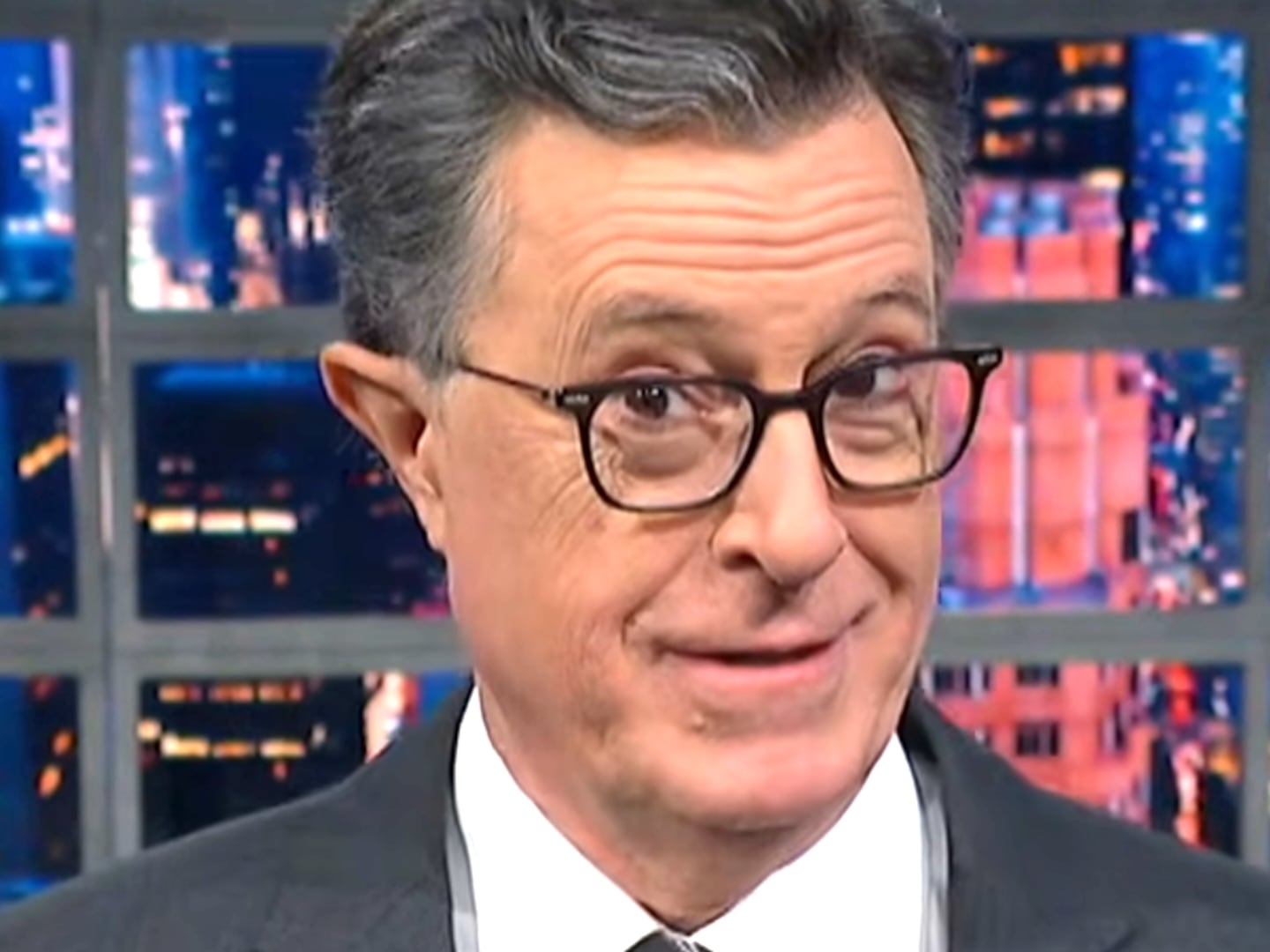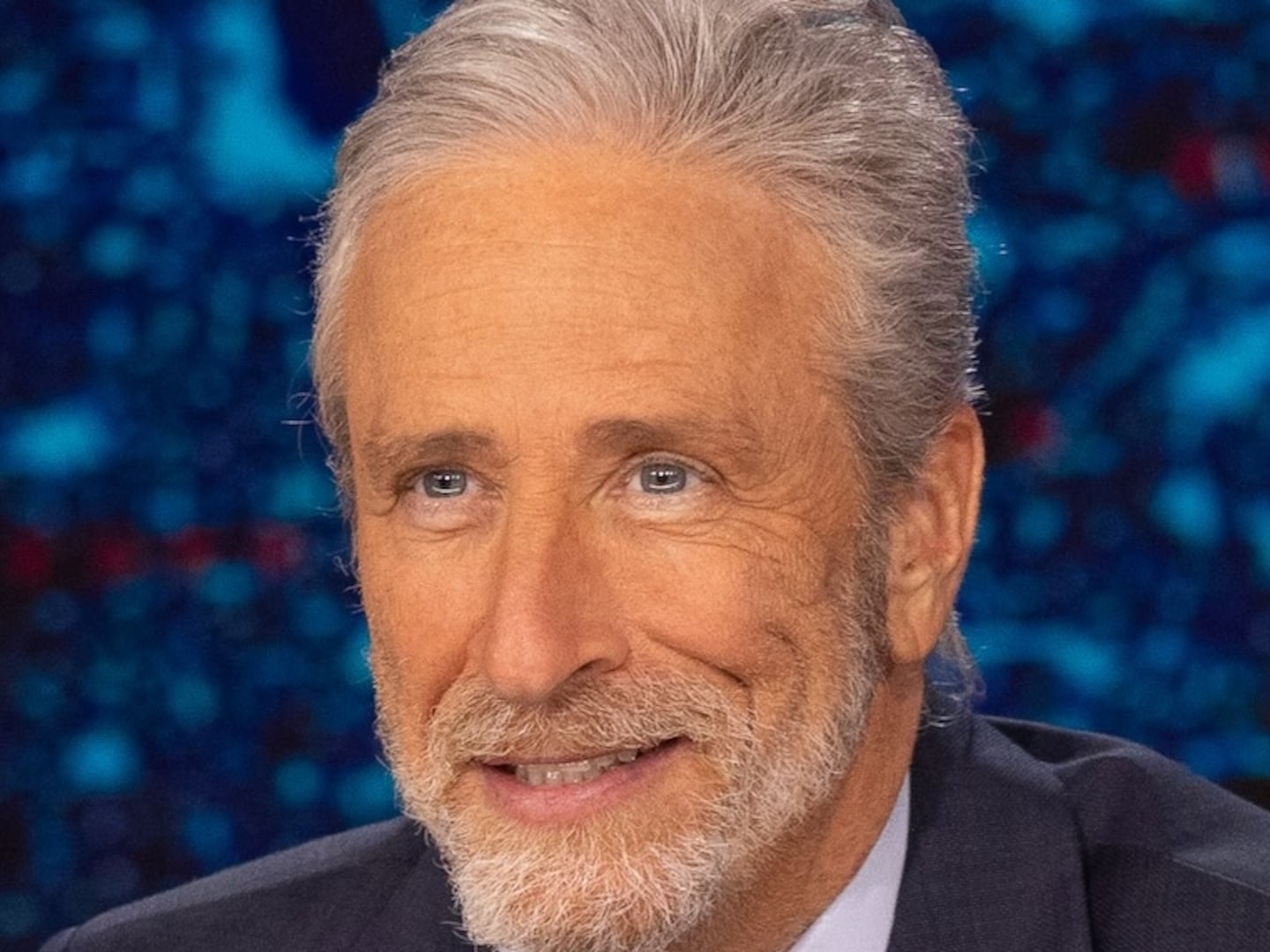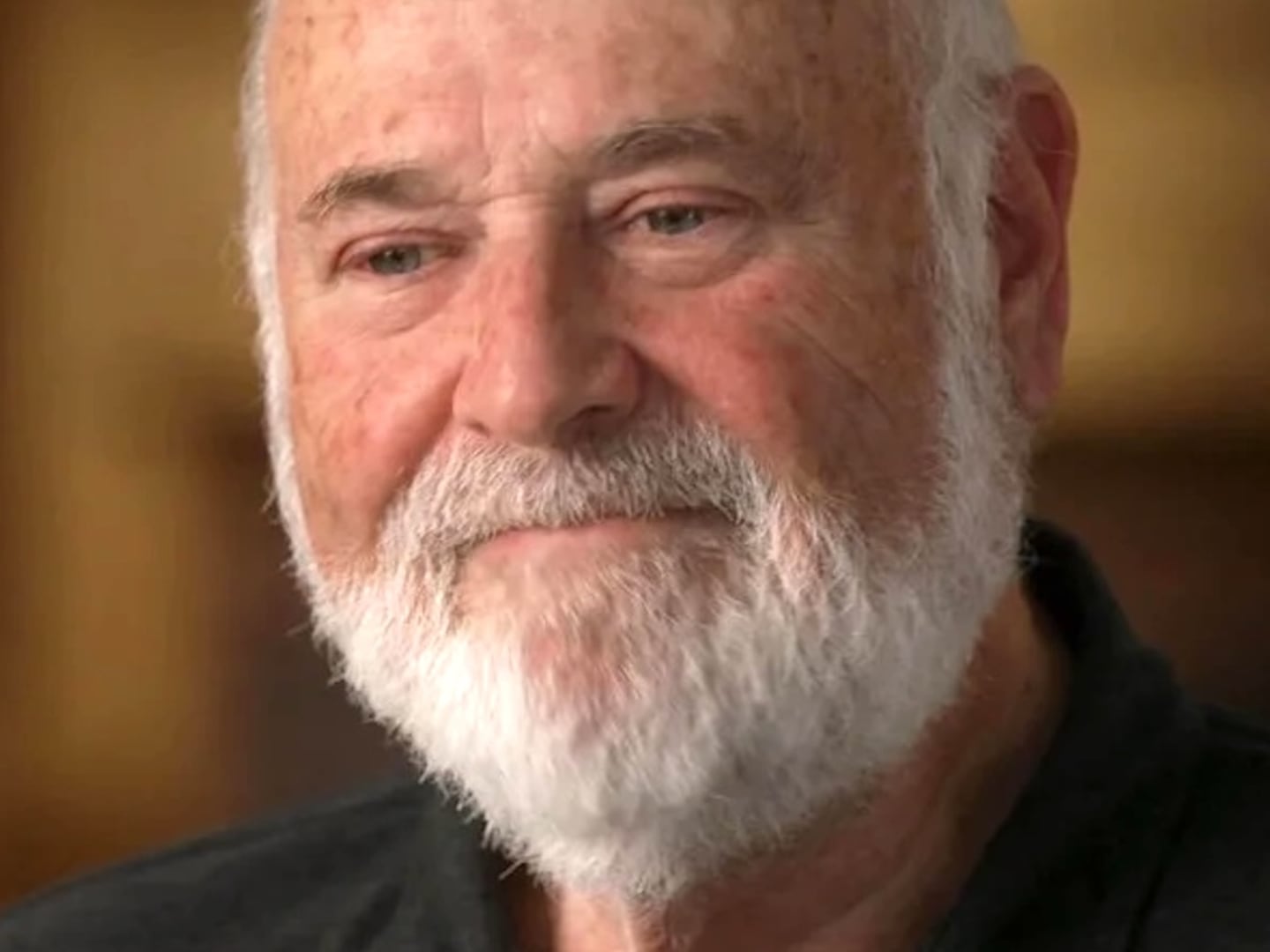There are several reasons why the Pitch Perfect films became such a phenomenon. The films, especially the first one, captured the spirit (and for some, the nostalgia) of arriving at college and becoming independent. They also were a love letter to the art of a cappella. But the biggest reason the Pitch Perfect franchise still holds a place in our hearts is because of its stars, the Barden Bellas, an eclectic group of women that forged a beautiful friendship.
Five years after the release of the final Pitch Perfect film, a new installment to the franchise has arrived in the form of Peacock’s new show Bumper in Berlin, now streaming.
The six-episode comedy has all the elements that have made the Pitch Perfect franchise so successful: groups of different people trying to come together to create something great, rivalries, and a whole bunch of singing. In theory, all of this should add up to a fun and watchable series. Unfortunately, none of this adds up to recreating the same magic as the films have—not least of all because the show ditches the characters that made us love Pitch Perfect in the first place.
It’s clear from the show’s first moments that this is not going to be the Pitch Perfect we remember in any way. The first episode opens with an all-male a cappella group covering Ava Max’s feminist anthem “Kings & Queens,” a tone-setting choice of song. Instead of focusing on the Bellas, the Peacock show gives the men the floor. Our star here is Bumper Allen (Adam Devine), the main antagonist of the first Pitch Perfect film. He is still working at Barden University, chasing the a cappella-singing dream by performing with the Tonehangers (the oldies group from the first two films).
One day, Bumper receives a chance call from Pieter Krämer (Flula Borg, reprising his role from Pitch Perfect 2), which changes everything for him. Krämer says that Bumper is a beloved star in Berlin, thanks to his mashup of “99 Luftballons” and “Take on Me” going viral on TikTok. Pieter invites Bumper out to Berlin, promising to be his manager and help him achieve international superstardom.
However, when Bumper gets to Berlin, he soon realizes that he is not as popular as Pieter claims—and Pieter is actually a pariah within the German music industry now. The once-renowned leader of the a cappella group Das Sound Machine got embroiled in a huge public scandal for using a sound effect board when the group’s beatboxer developed mouth herpes, due to a biological attack from a rival a cappella group (yup, really).
Pieter is now determined to rebuild his reputation by managing Bumper to superstardom. He recruits his sister Thea (Lera Abova), a popular DJ, and assistant Heidi (Sarah Hyland), a secret singer/songwriter, to help him get Bumper on stage for the German Unity Day concert, a huge concert held every October commemorating the fall of the Berlin Wall. However, Pieter’s plan hits a major hiccup when his ex-girlfriend and co-captain of Das Sound Machine, Gisela (Jameela Jamil), goes solo—and tries to get Bumper’s spot in the concert for herself.
Despite this compelling premise, Bumper in Berlin has several disadvantages holding it back. Bumper, for all of Devine’s charm and charisma, is not a lead character that can rally fans like the Barden Bellas did. While he was fun in the first two films, Bumper, as a character, doesn’t really have the depth to anchor a show built around him. This is never more evident than in his attempts to be more serious and sentimental, all which tend to fall flat. Early on in the series, Bumper and Pieter duet on Guns N’ Roses’ “Sweet Child O’ Mine” in a dumpster, in an effort to hype Bumper up to get on stage and perform. It’s a scene that was supposed to be either wholesome or funny, but instead, it was awkward, cringey, and tonally off. There’s nothing like rocking out to an impromptu rendition of “Sweet Child O’ Mine,” but in this case, I was counting down the seconds until it stopped.

Despite Devine being best-known for his comedy, Bumper in Berlin’s jokes are even worse than its heartfelt moments. The references are outdated and painful—a Menendez brothers joke in the year 2022? A big reveal (spoiler alert) is that Bumper’s legal name is Tim … meaning his full name is Tim Allen. The punchline is that he longs for people to chant his real name, aka the name of a much more famous person. I rolled my eyes so hard at this gag that I thought they were going to get stuck that way. Even when Pitch Perfect’s comedy wasn’t at its sharpest, it was never this blunt.
Some of the supporting characters shine a bit brighter than Bumper, thankfully. Hyland and Abova, as Thea and Heidi, are big standouts. When the two have scenes together, which is infrequent, Bumper in Berlin becomes a lot more fun. They have the banter and chemistry that is so dearly missed without the Barden Bellas. I couldn’t help but wonder how much better the show would be if those two were the focus. The rest of the supporting cast, however, don’t improve things much. Jamil plays a character that we have seen her play before; Gisela is Titania from She-Hulk, just with a German accent. Borg, whose Pieter was such a fun antagonist in Pitch Perfect 2, is sadly not given a whole lot to do this time, other than complain about his ruined career (and daddy issues).
But Pitch Perfect is nothing without good music. Even when the movie’s story wasn’t great (cough, Pitch Perfect 3, cough) then at least there were inspired a capella moments. Sadly, with Bumper in Berlin, the song choices are as uninspired as the story. Along with “Sweet Child O’ Mine,” characters perform a weird rendition of Aqua’s “Barbie Girl,” Amy Winehouse and Mark Ronson’s “Valerie,” and Roxette’s “It Must Have Been Love.” In one of the sadder turn of events, Bumper in Berlin completely obliterates the franchise's iconic riff-off. Bumper and Gisela face off in an off-the-cuff riff-off so messy, it’s physically hard to watch.

The theme is German songs vs. American (Bumper has to sing German songs and Gisela has to sing American songs), which, given the setting, is very fitting. But it lacks the order and fun of a riff-off. Where are the fun category names mocking Glee? Every riff-off in the film franchise was so uniquely different and always entertaining, between the singers and the song choices. Here, it is just an incoherent mess. The sound mixing is chaotic throughout the scene, making it sound like a bunch of people were just beatboxing and singing over each other—overwhelming, and not in a fun way. Perhaps this is why earplugs were invented.
Once again, Heidi saves the show, giving the best musical performances of the lot. When she sits down at the piano in the middle of a park and begins to sing an original song, Bumper in Berlin comes close to recapturing that Pitch Perfect magic. Even though she doesn’t get much of a chance to really belt out this song of hers, the show Sarah Hyland is in is the one I would like to watch. It’s too bad this isn’t that show.
Yet no amount of Sarah Hyland can compensate for how aimless and uninspired Bumper in Berlin is. The good news is that Peacock already has a really great musical comedy series that has the perfect amount of humor and heart (and some really spectacular musical numbers). That show is, of course, Girls5Eva. It’s moving to Netflix for its third season, but go watch that instead. Or just rewatch the Pitch Perfect trilogy. You’ll thank me later.






